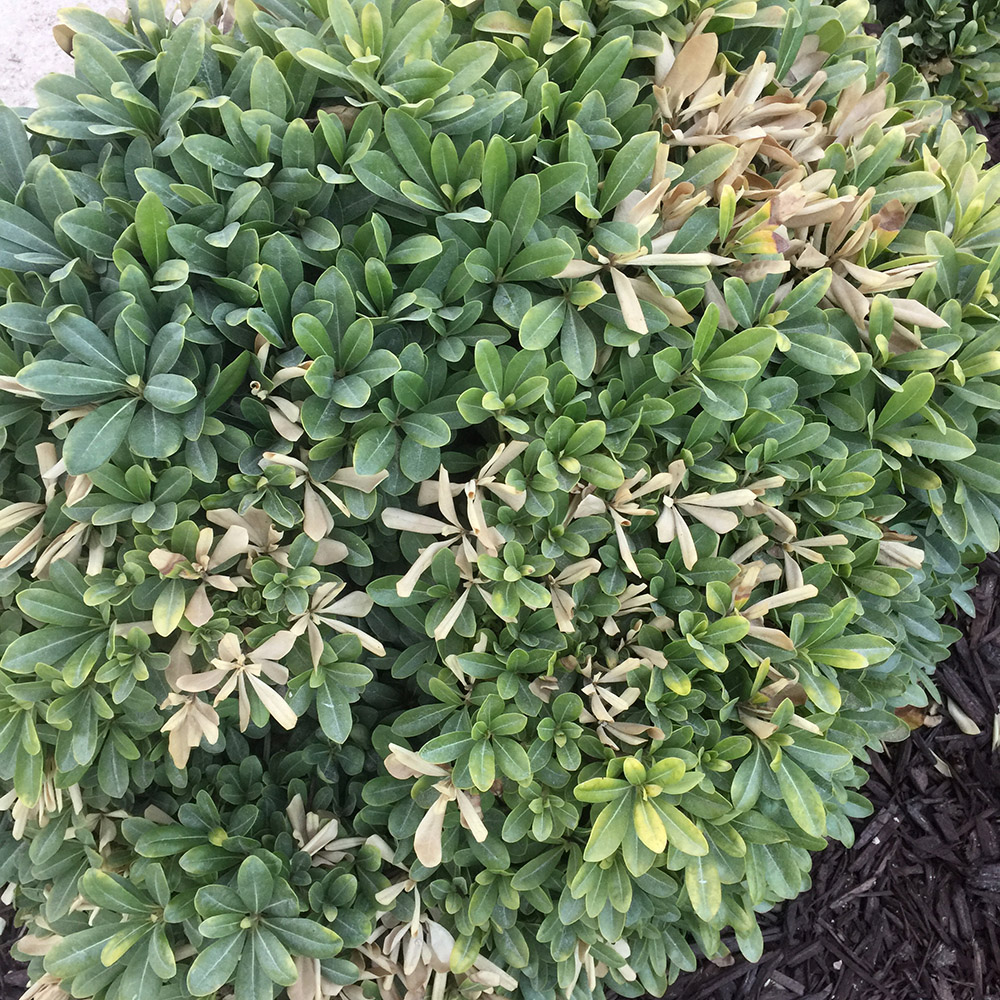
Summer is upon us, and we’re all rejoicing at the beautiful blooms in our gardens. But while summer can be a gardener’s favorite season, it can also be a dangerous time for plants. Heat stress can strike quickly and do major damage to your plants, so it’s important to learn the signs of stress along with methods of prevention.
Signs of Heat Stress
Heat stress is most likely to occur when temperatures rise above 85 degrees Farenheit, but many factors influence the extent to which heat damages plants. The duration of the heat, age of the plant, the water content of the plant’s tissues, and the ability of the individual plant to adjust to temperature changes all play a role in how a particular plant responds to heat stress.
Plants cool themselves through transpiration, or the evaporation of water through their leaves. Since leaves can lose water much faster than roots absorb it, a plant becomes damaged when it is forced to work too hard at cooling itself. Signs of heat stress will be seen in the leaves. You will notice that the leaves curl (up or down), appear dry, or turn a grayish, brown, or yellow color. They may also drop prematurely.
One episode of heat stress is enough to permanently damage leaves, and if damage is widespread the entire plant may be compromised. Plants that are stress can be more susceptible to various diseases and pests.
How to Prevent Heat Stress
Luckily, there are steps you can take to protect your plants from the heat this summer. Keep these tips in mind, and act quickly if you do spot signs of heat stress.
- Move potted plants to shady areas or indoors on very hot days
- Plan your garden so that more sensitive plants are placed in shady areas
- Remember to mulch around your plants to prevent water loss and lower soil temperature
- Water plants regularly, and consider installing a drip irrigation system which delivers water to the roots of plants where they absorb it better
- Hire someone to care for your plants when you’re away on vacation, and put your irrigation system on a timer to be certain of adequate watering
Call us if you have any questions. We’ll be happy to evaluate your situation and help you better protect your plants.

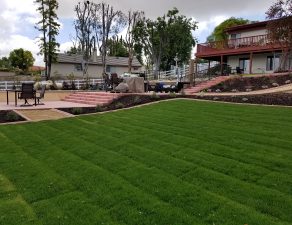
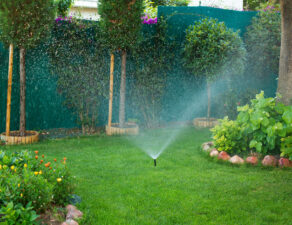
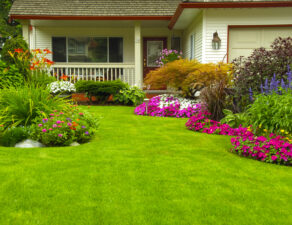
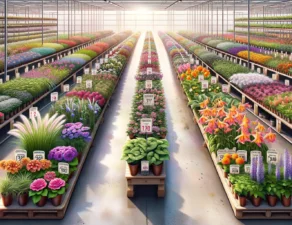
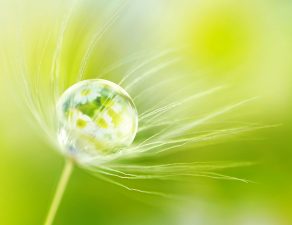
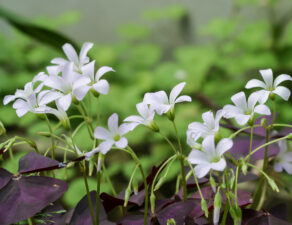

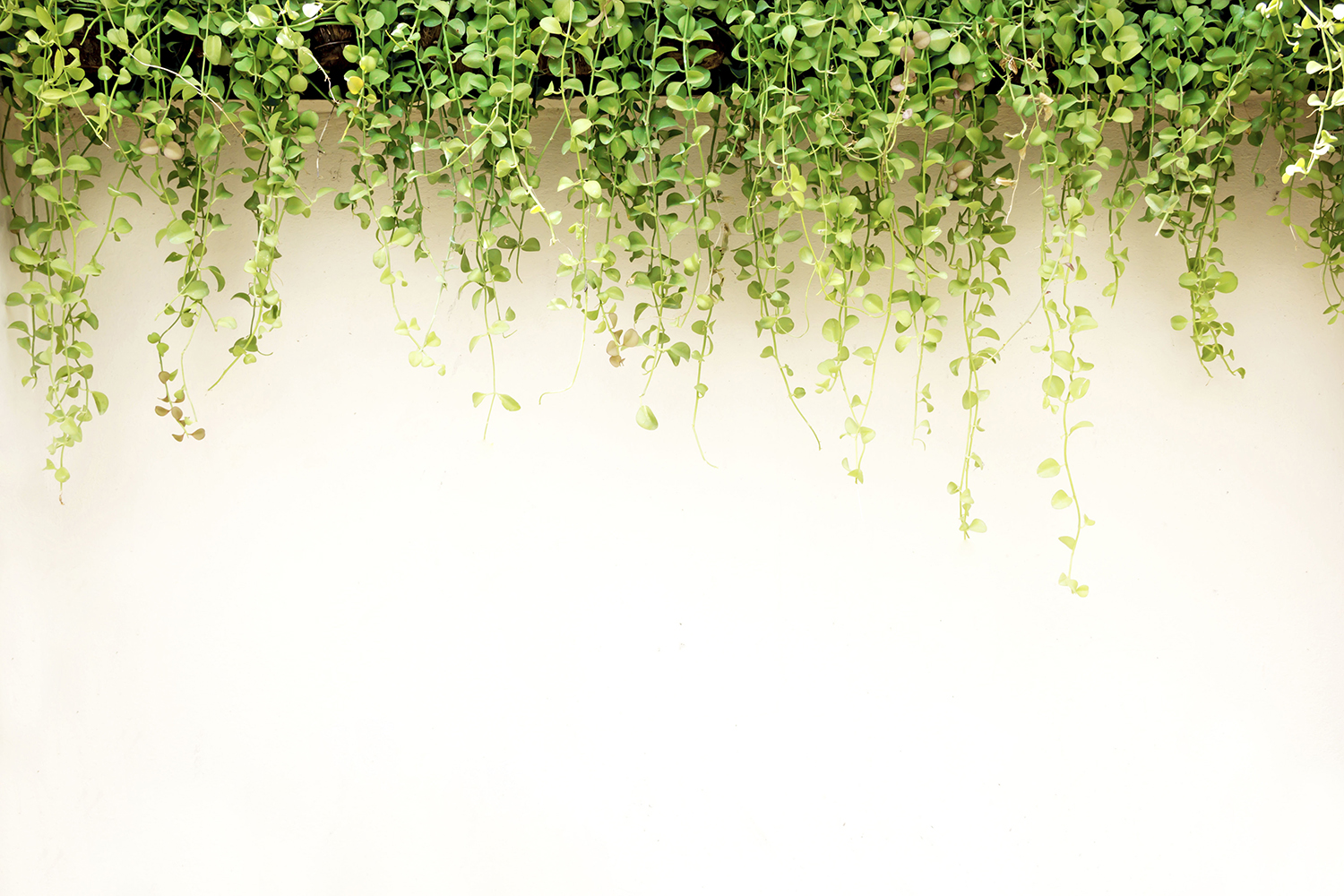
Write a comment: